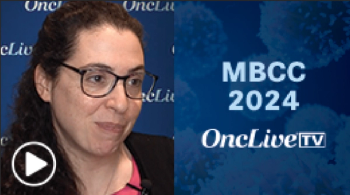
Rachel Jimenez, MD, discusses unmet needs in radiation treatment for patients with breast cancer.

Your AI-Trained Oncology Knowledge Connection!


Rachel Jimenez, MD, discusses unmet needs in radiation treatment for patients with breast cancer.

Stephanie L. Graff, MD, discusses the trajectory of her career growth in breast oncology and explains how different factors can play a role in an oncologist’s career path.
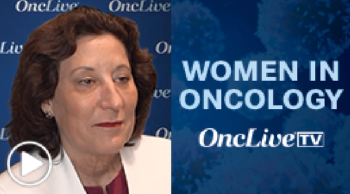
Hope S. Rugo, MD, discusses challenges that women face in the workplace in oncology care.

Heather McArthur, MD, MPH, discusses the prognostic benefits of circulating tumor DNA and limitations that prevent these results from being predictive.
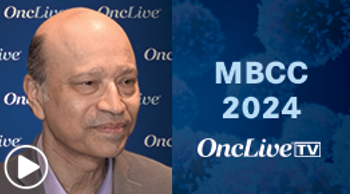
Debu Tripathy, MD, discusses current considerations for the management of early-stage HER2-positive breast cancer.
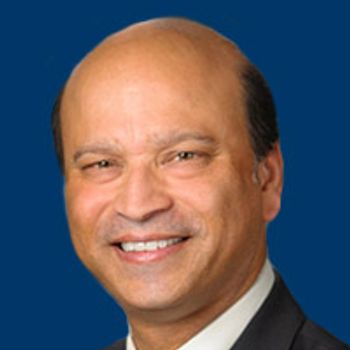
Debu Tripathy, MD, provides insights on the management of HER2-positive breast cancer, including the evolving role of trastuzumab in this population.
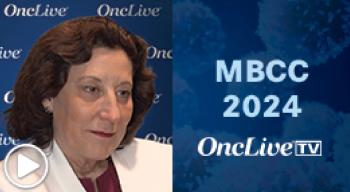
Hope Rugo, MD, discusses the evolution of antibody-drug conjugates in hormone receptor–positive, HER2-positive, and HER2-low breast cancer.

Erica Stringer-Reasor, MD, highlights the evolution of therapies for patients with hormone receptor–positive, HER2-negative metastatic breast cancer.
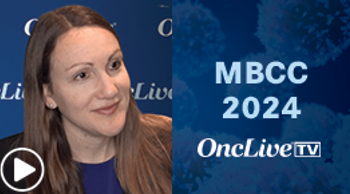
Laura A. Huppert, MD, discusses data informing the sequence of immunotherapy and chemotherapy regimens in early-stage triple-negative breast cancer.

Terry P. Mamounas, MD, MPH, FACS, discusses treatment options after neoadjuvant chemotherapy and how neoadjuvant chemotherapy influences axillary surgery.
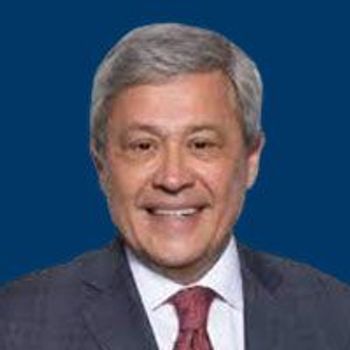
PRMT5 inhibitors with antiestrogens represents a therapeutic strategy that may overcome resistance to CDK4/6 inhibitors in ER+/RB-deficient breast cancer.

Hope S. Rugo, MD, FASCO, shares progress made with ADCs and the interest in moving these agents up in the HR-positive/HER2-negative breast cancer paradigm.

Racial and ethnic disparities for mortality are present in breast cancer, especially as it relates to radiation therapy toxicity and cardiac dose.
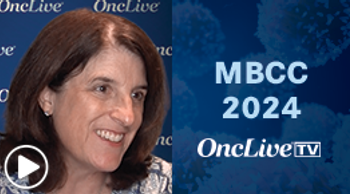
Jennifer K. Litton, MD, discusses challenges determining the optimal sequencing of PARP inhibitors in early-stage triple-negative breast cancer.
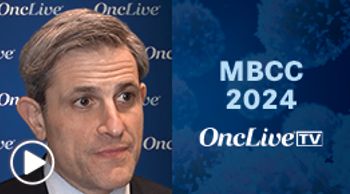
Kevin Kalinsky, MD, MS, discusses questions regarding the utility and implementation of genomic testing approaches in hormone receptor–positive breast cancer.
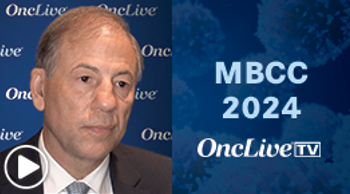
Terry P. Mamounas, MD, discusses key advancements in the use of locoregional therapy for patients with breast cancer.
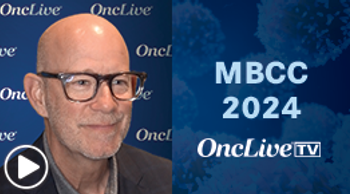
Michael D. Alvarado, MD, discusses the decision to undergo breast conservation surgery vs mastectomy following neoadjuvant breast cancer therapy.

Susan M. Domchek, MD, highlights key points related to her presentation on germline testing and breast cancer treatment.
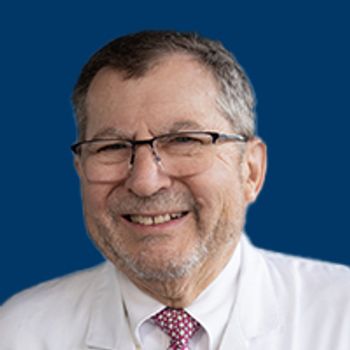
Hyman B. Muss, MD, discusses the potential benefits of metronomic chemotherapy and which patients with metastatic breast cancer could be candidates, as well as how to approach end-of-life conversations and decisions for patients.
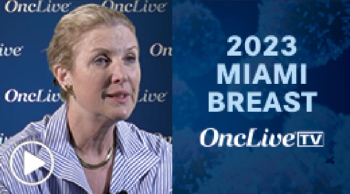
Lisa A. Carey MD, ScM, FASCO, discusses the use of response-guided therapy in HER2-positive breast cancer.
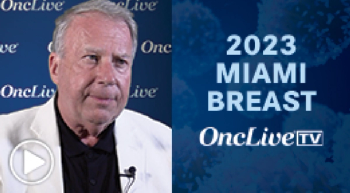
Patrick I. Borgen, MD, discusses on the importance of addressing the opioid epidemic through the lens of breast cancer care.

In a single-center study, investigators assessed real-world outcomes in patients with metastatic metastatic triple-negative breast cancer treated with the antibody-drug conjugate sacituzumab govitecan-hziy.

Lindsay Avner Kaplan and Nancy G. Brinker, the keynote speakers of the 40th Annual Miami Breast Cancer Conference, discuss the need to confront social determinants of health for patients and drive the public conversation and interpretation of personal and clinical stories in health care.

After settling the debate of which patients with early-stage, hormone receptor–positive breast cancer require chemotherapy in addition to endocrine therapy, investigators have set their sights on determining whether ovarian function suppression can deliver the same effects of chemotherapy and when to recommend abemaciclib and olaparib.

Novel selective estrogen receptor modulators, selective estrogen receptor degraders, and proteolysis-targeting chimera inhibitors have demonstrated early efficacy for patients with breast cancer who experience disease progression following CDK4/6 inhibitor treatment.

Brain metastases are a common complication in patients with breast cancer, and although systemic therapies for patients with HER2-positive disease have displayed promise in penetration of the blood-brain barrier, work remains for subsets of patients with central nervous system metastases.
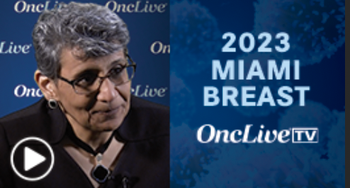
Anees Chagpar, MD, MBA, MPH, FACS, FRCS(C), discusses the unmet needs regarding financial toxicities for patients with breast cancer.

The growth of artificial intelligence allows physicians to see tumors in unprecedented ways.
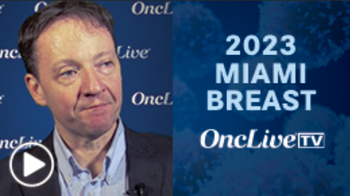
Steven J. Chmura, MD, PhD, discusses the current management strategies for oligometastatic breast cancer.
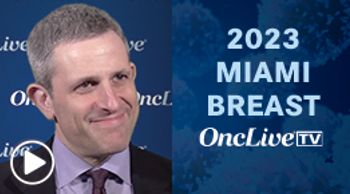
Kevin Kalinsky, MD, MS, discusses the evolving treatment landscape for patients with triple-negative breast cancer and how to best sequence antibody-drug conjugates within this population.